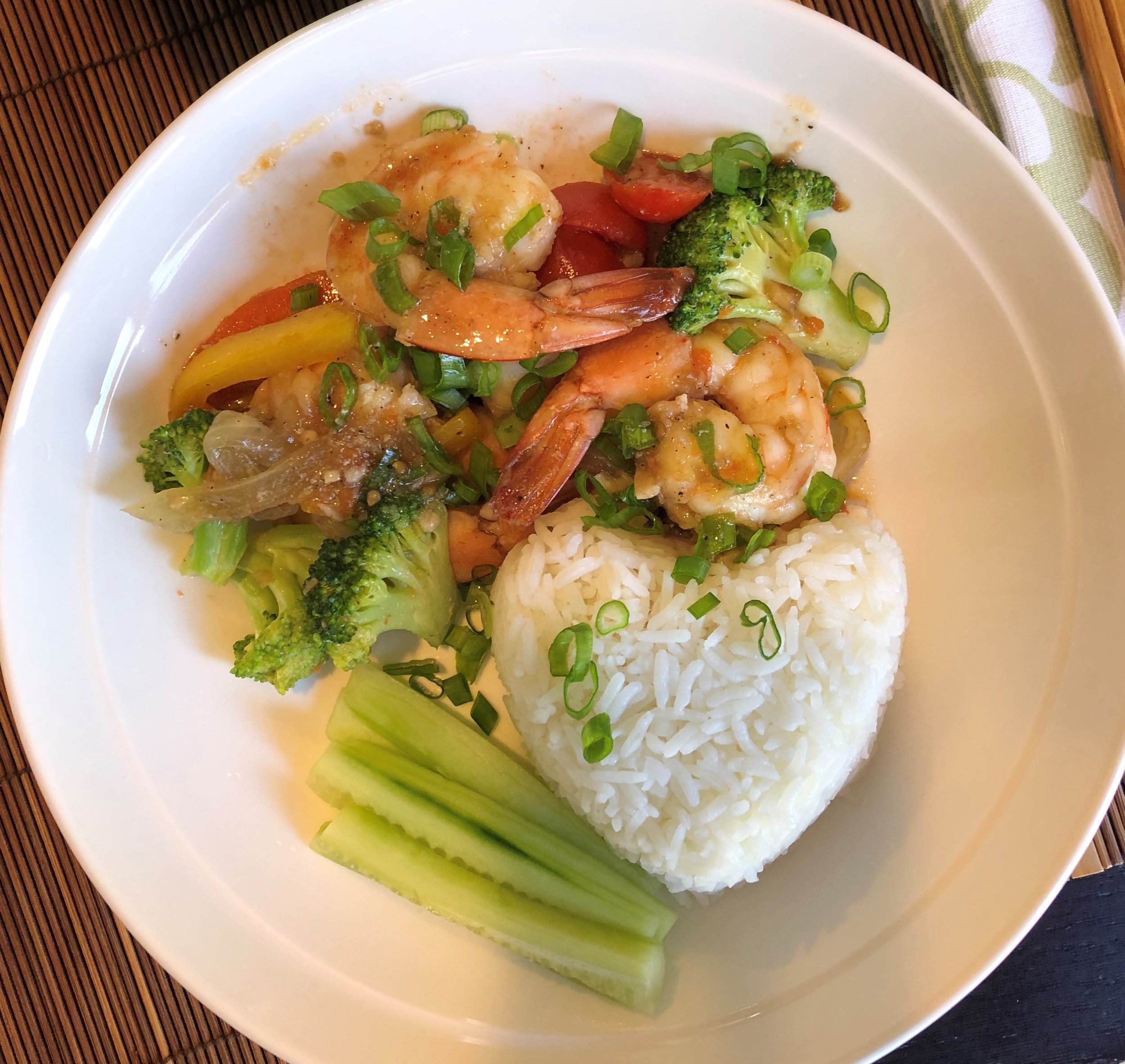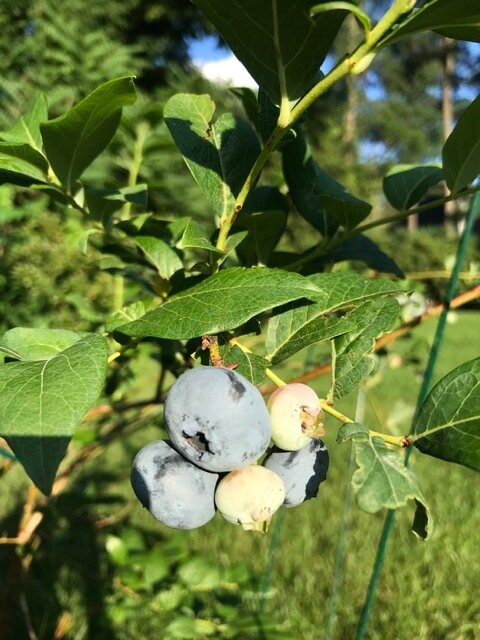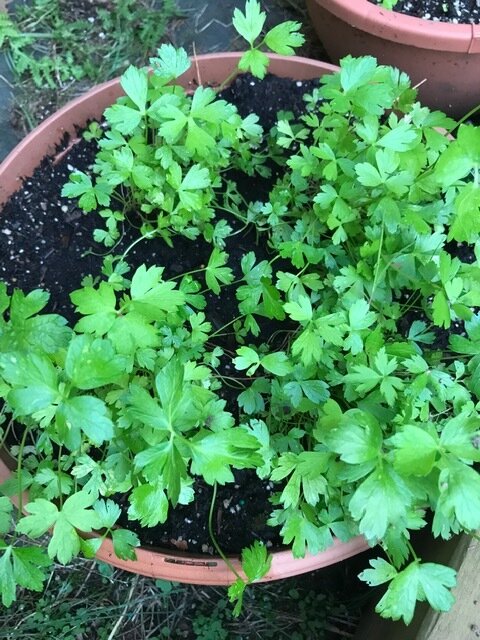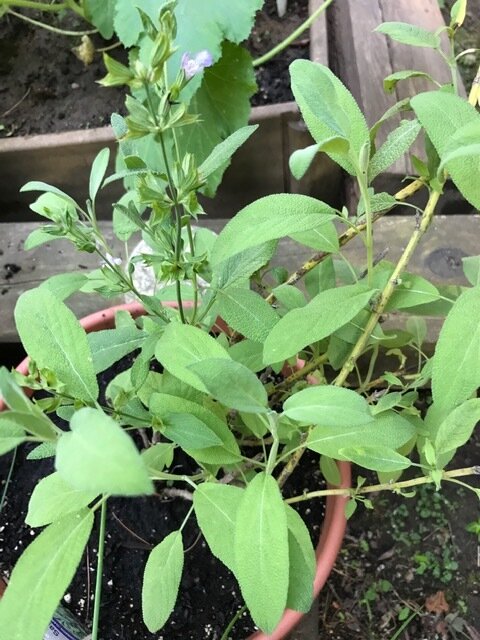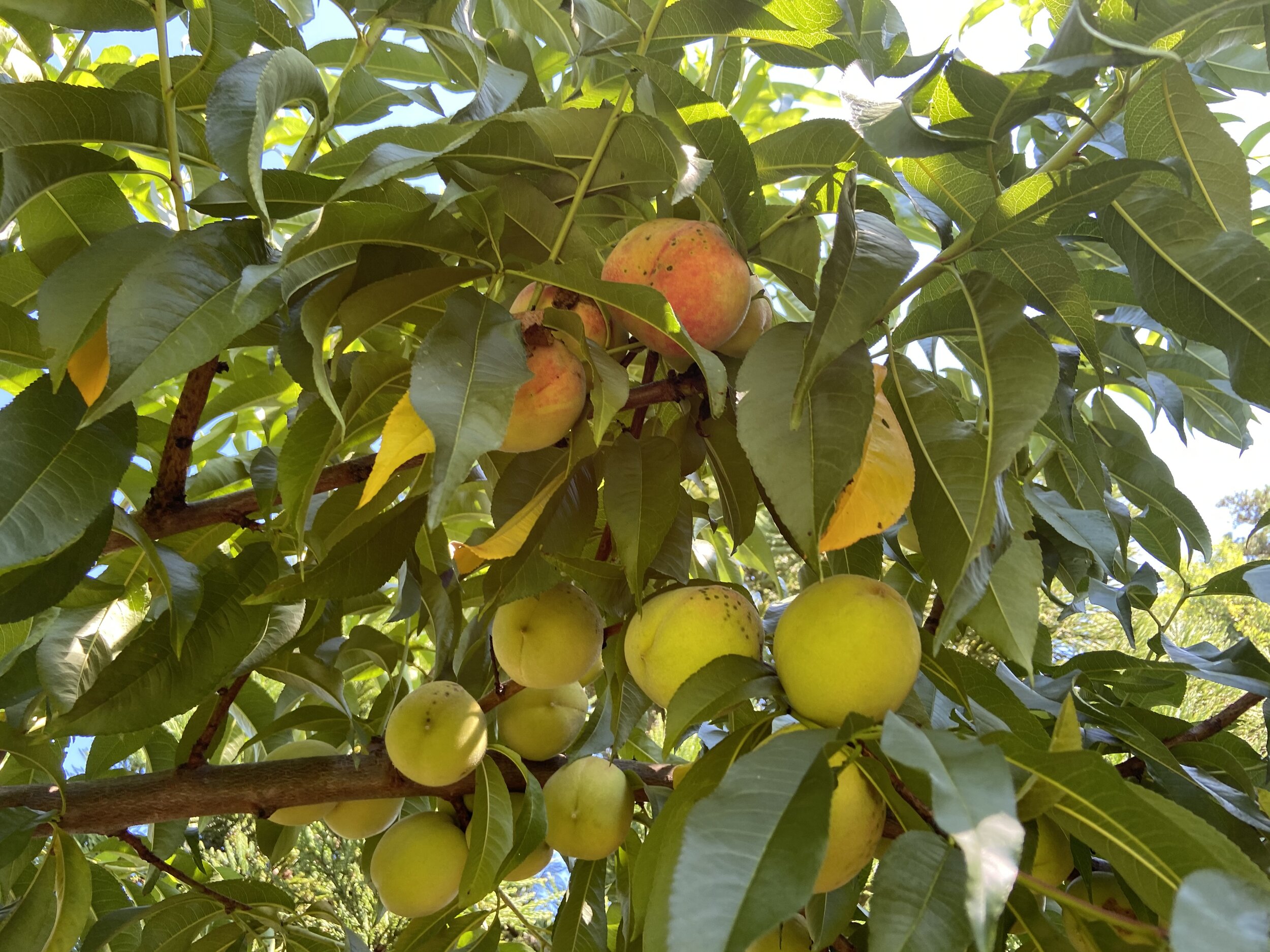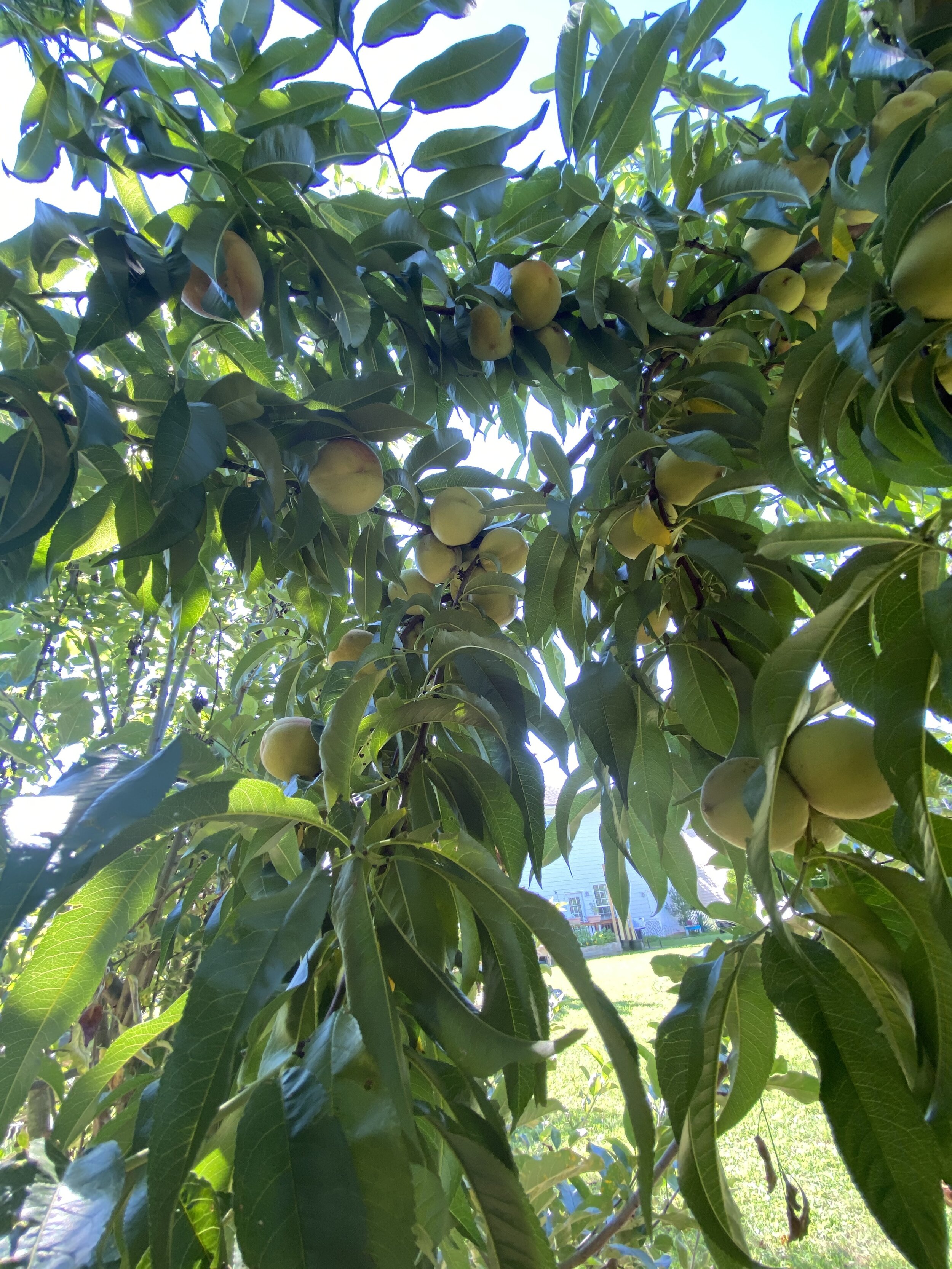Home Gardening 101
I always have a small garden of herbs and a few vegetables every summer. With the global pandemic, there’s a surge of interest in gardening. Is it because we need to grow our own food as we try to limit grocery shopping trips? Or, is it simply because we just have more time at home due to lack of traveling? Whatever your reasons, gardening always brings satisfaction when you can reap the fruit of your work. We’re sharing our gardening tips below.
Sunlight: Ensure your garden has enough sunlight. If you’re new to gardening and haven’t found the spot on your property, you would want to position your garden on the south side. Full to partly full sunlight is ideal. It’s recommended to have at least six hours of sun.
Soil: Use good nutritious soil. As you build your garden, whether it’s a raised bed garden or in large planters, you can easily purchase good soil at local gardening stores.
Tools: Have the right garden tools. If you have the basic tools for gardening, it’s a lot easier to work on your garden. Tools include a shovel, rake, trowel, shear, and gloves.
Water: Watering is another important item to consider. Having your garden close to the water source will be helpful with maintaining your garden. Investing in hose attachments or watering cans to aassist with watering will aid in your success.
Drainage: Drainage is also essential, particularly if growing in pots. Soil needs to be able to drain, as sitting water will kill the plants.
Frost Date: Know the frost date in your area. Cold temperature is a natural enemy of gardening. Know when to begin your outdoor gardening or when to harvest your crop before frost begins.
Plant Food: Provide plant food such as Miracle-Gro or homemade compost to your garden regularly.
Trial and Error: Decide which vegetables to grow. In many instances, you will learn by trial and error, which is part of the fun of gardening. As you garden each year, you will learn what works best on your property and find your family’s preference.
Knowing your property will help you decide which vegetables to grow. For example, my property has many critters such as bunnies, chipmunks, squirrels and sometimes even deer. As a result, it’s difficult for me to grow vegetables these animals like to feed on like lettuce, kale, and tomatoes, to name a few. You can build a fence around your garden to protect against these animals. I now have my tomato plants in pots and leave the pots on my deck where the critters cannot get to them.
My garden consists of raised garden bed and pots. I love to grow herbs in pots as I can move them around as needed and they seem to thrive. Some of my favorite herbs to grow are rosemary, thyme, basil, mint, sage, and oregano. Note that mint spreads like wildfire, so it’s recommended to plant it in a pot to contain it. I personally love mint and use it in my cooking regularly, so I like that it spreads. Vegetables that work well for me are cucumbers, zucchinis, and peppers. This year I’m planting celery for the first time. So far, it is growing well and have not been attacked by any critters. I usually plant one new vegetable each year just to see how it will grow. I also have a peach tree, pear tree and blueberry bush. Unfortunately, most years, the fruit grow, but the critters get to them before they are ripe for harvest.
Our friend, Gigi, shares some photos of her beautiful garden. Her fruits and vegetables are more mature, since she starts her garden earlier due to better weather in the South. Her vegetables are also well-established and produce lots of yummy food for her family to enjoy all season long.
If you have gardening tips and recommendations, please share in the comments.
Our friend’s garden in North Carolina featuring zucchini, cucumber, elderberry, and peaches.
